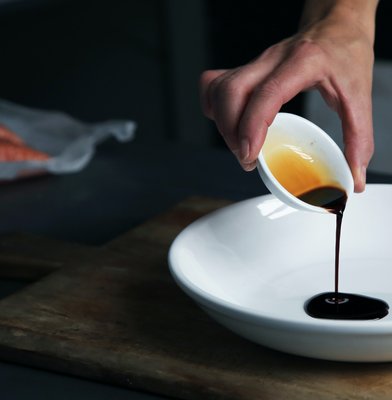The History of Vinegar
Vinegar has a rich history. Traces of vinegar have been found in Egyptian urns from around 3000 B.C. Babylonian scrolls mention the use of vinegar even earlier, around 5000 B.C. Babylonians used it as a condiment and a preservative, because vinegar enabled food to be transported on long journeys. Mixed with water, it was used in ancient times by farmers and travelers to quench thirst.
Vinegar was popular historically as a beverage. The most common drink in ancient Greece was called “oxycrat”. It was created by mixing water, vinegar and honey and was kept in special vases called oxydes. Similarly, the
In China, many royal households during the Zhou Dynasty (1046-256 B.C.) had a Vinegar Maker as a specialized position. Chinese vinegars served both culinary and medicinal purposes.
In the 5th-15th centuries, vinegar making became popular in Europe, with the French city of Orléans becoming particularly famous for the quality of its vinegars.
The 19th century brought dramatic changes for vinegar production with rapid industrialization. The first large-scale industrial process for vinegar production was invented in the Kingdom of Baden (part of modern Germany) in 1823.
In the 20th century, vinegar production was revolutionized again by the invention of the submerged fermentation process that cut production times down to 1–2 days.


